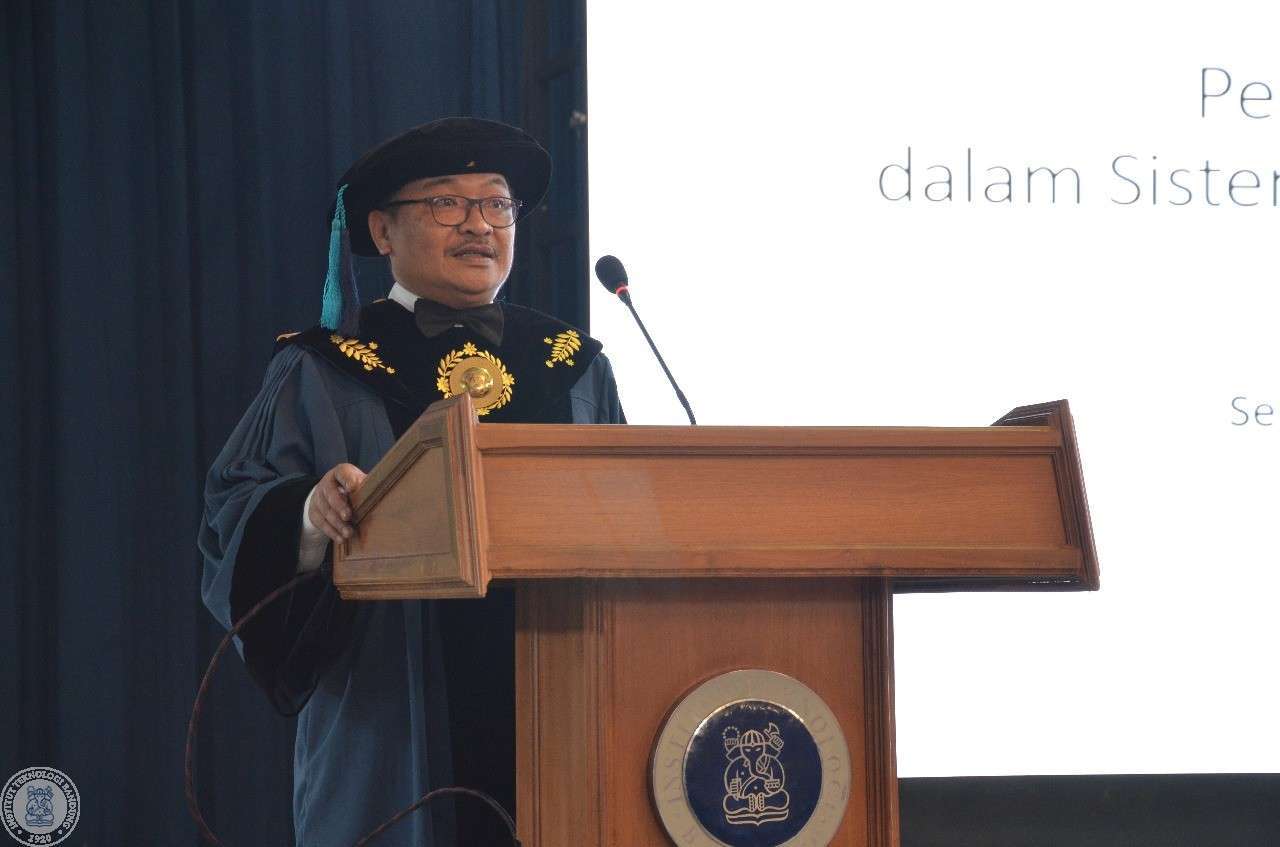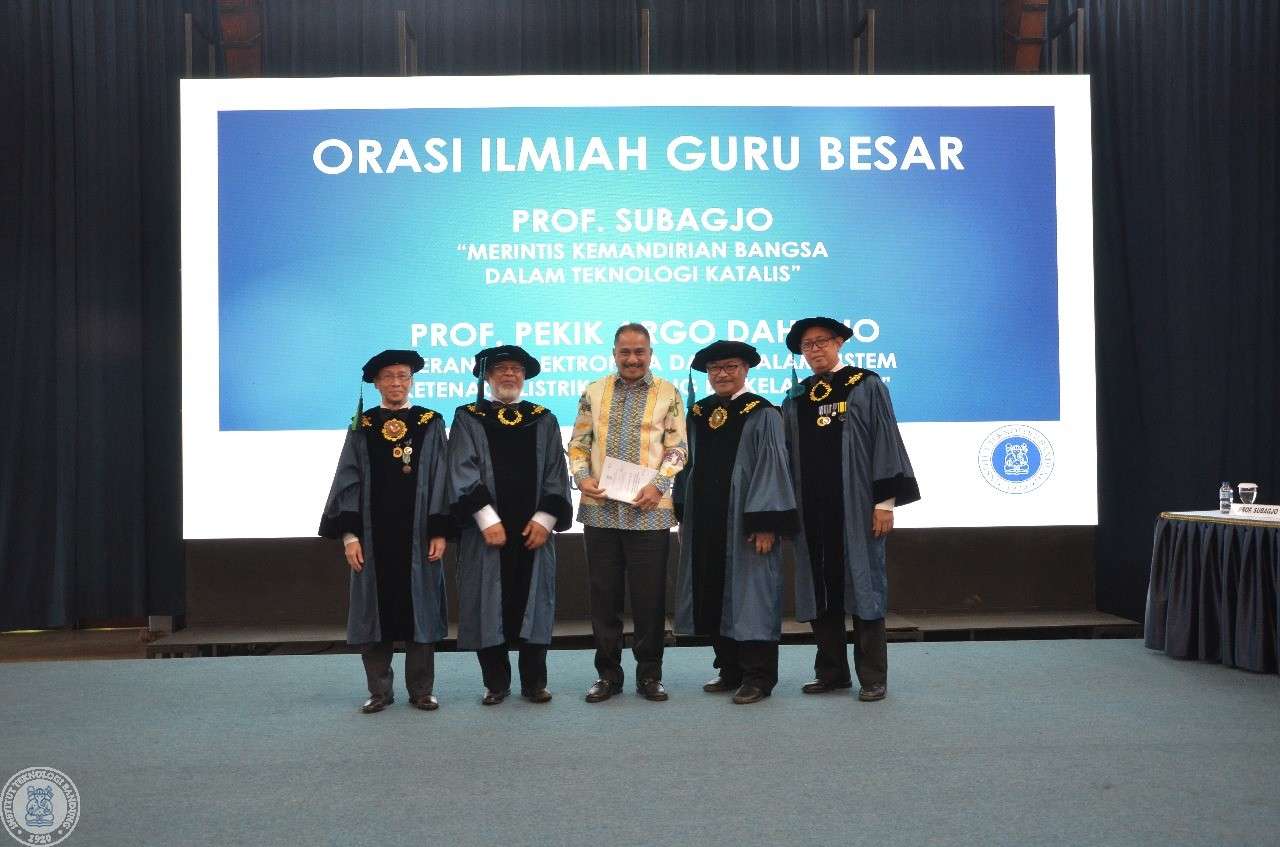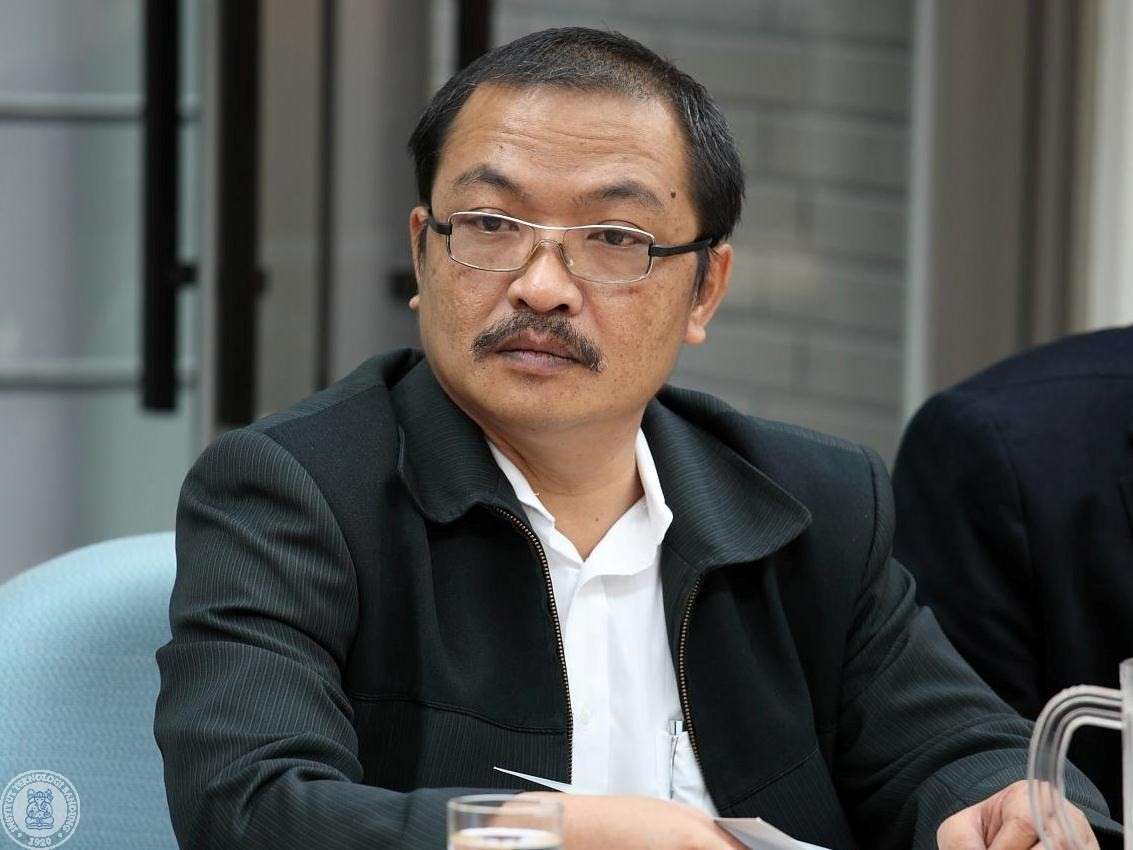BANDUNG, itb.ac.id – Equitable of development can grow the economy in various regions and corners of the country. Not only generate the trade sector, but also the industry and tourism.
Development also affects the need for electrical energy, which actually increases over time. The geographical condition of Indonesia which consists of islands, more than 17 thousand islands, of course, requires a great deal of effort so that the electricity needs can be equitable and sustainable. This is a serious concern for Prof. Chriss Argo Dahono.
Located in the West Hall ITB, Saturday (3/2/2018), Prof. Pekik delivered his scientific oration in front of hundreds of invitees with the theme “Role of Power Electronics in Sustainable Power System”. Seen present in scientific oration in that day, Minister of Tourism, Arief Yahya.
“The shift in electricity demand from fossil fuels to renewable energy is a necessity, not an option,” he said. This is very reasonable, given the source of fossil energy in the earth will be thinning, although 50 years ahead predicted the fossil energy source is still a dominant.
Providers of Electrical Energy in Indonesia
The provision of electrical energy, ranging from power generation, distribution, currently all done by PT. PLN. On the other hand, Prof. Pekik conveyed the existence of electrical technology that began to develop into sustainable electrical system.
“Current customers (PLN customers) are passive, there is no competition between power plants and consumers have absolutely no choice from where electricity comes or is purchased,” Prof. said. Scream. Where large generators generally use the primary energy of coal, oil, or water.
Prof. Cek predicts, there will be many emerging electric power system derived from renewable energy. Supported by the development of electrical technology, future consumers will have their own power plants. Although these power plants stand on their own, future electricity consumers can share resources, through large networks that connect independent micro networks. This is called Electric Toll technology.
Electric Toll Will Complement IoT Development
The development of IoT (Internet of Things) is also in line with the management of electricity independently. In order to realize the concept of Smart City, consumers will be able to independently regulate the use of electrical equipment and power plants. Of course if this can be implemented, then a very big change will occur in the business world of electricity supply.
Nevertheless, Prof. Pekik stated that the constraints to the development of Electricity Toll at this time is still quite expensive. The hope is that the infrastructure of this toll road development can be accompanied by the construction of fiber optic and palapa ring infrastructure under construction by the Government of the Republic of Indonesia. Thus, the equitable distribution of electricity needs in all corners of Indonesia can soon be realized.





